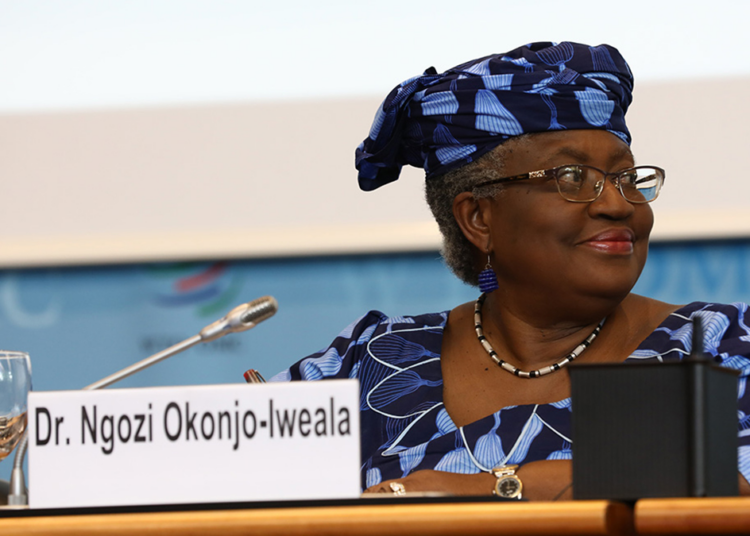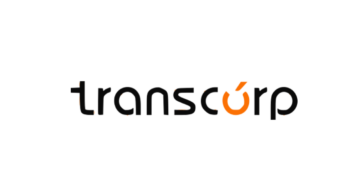Director general, World Trade Organization (WTO), Ngozi Okonjo-Iweala, has said that the Intra African trade tariff is too high at 435 per cent and is detrimental to trade activities as well as the implementation of the African Continental Free Trade Area (AfCFTA).
This high tariff, she said, is one of the reasons for the low trade volume among African countries which stands between 13 and 18 per cent while other blocs like the European Union achieve 60 percent internal trade activities.
The DG said this while speaking at a Trade Integration in Africa high level event themed Unleashing the continent’s potential in a changing world held on Friday in Nairobi.
“Cost of trading within and outside Africa is too high with tariffs hinging on 435 percent and 350 percent respectively, If this is not addressed it will be difficult to actualise a good implementation of the AfCFTA,” she said.
She acknowledged that some countries depend on the tariff as a significant source of revenue which is posing a challenge but said that is why there is a longer framework for the AfCFTA implementation.
Okonjo-Iweala said beyond the high tariffs, there are other barriers to trade within the continent which can be dealt with immediately such as the delay of trucks in communities, customs procedures that delays movement of goods, issuance of AU passports to aid movement of people especially among the business community, among other policies.
She also flagged the slow implementation of the trade facilitation agreement under the WTO which addresses some of these barriers to trade
The DG said the world is suffering multiple shocks ranging from the aftermath of the COVID-19 pandemic, the Russia-Ukraine crisis, which has caused the global supply chain to exhibit signs of vulnerability and intensified the need to strengthen regional trade and integration.
She said due to this vulnerability efforts are being intensified to make the supply chains resilient starting with diversifying the supply chain from being concentrated on specific products which will drive investments into Africa.
“Making AfCFTA work at this time is important to strengthen economic regional activities with each other; it is also a key instrument to deliver agenda 2063 of the AU which seeks to industrialise the continent and bring growth,” she added.
She said that the WTO is in total support of the agreement as it has disbursed over £4 million in the past three years to help countries build capacity to implement protocol based on the organization’s standard.
Speaking of funding projects, she said international financial institutions could collaborate with each other and mobilise aid to help Africa build necessary infrastructure for the development of trade.
Kristalina Georgieva, Managing Director, International Monetary Fund (IMF) said if trade barriers like tariffs, poor infrastructure, poor logistics etc are removed, intra continental trade can grow by 53 per cent while trade outside the continent can grow by 15 per cent which translates into significant income increase, and 10 percent increase in real income.
She recommended that going forward, non trade barriers must be removed, trade should be used as an engine for integration in global supply chains and make regional supply chains vibrant, trade and the African economy must be diversified and jobs must be provided for the vibrant youthful population in Africa.
Speaking on tariffs, she said there has to be the ambition to pursue the reduction of tariffs and instead do more to boost tax revenues by improving collection and tapping into higher income in a more prudent way.
“With ongoing disruptions, the world is moving fast and more shock prone with Africa bearing the brunt in terms of squeezed funding because fiscals has been exhausted; It is important for policymakers to pave the way for high growth and high employment deploying trade; work within the African continent to reduce trade barriers and non trade barriers,” she said
The IMF MD said policy makers must be focused on unleashing the potential of trade for growth and employment in Africa and advised that they work on both physical and digital connectivity obstacles for trade such as logistics, noting that this will boost digital trade by 50 percent.
She also called for the diversification and expansion of trade activities noting that up to 50 million people will be lifted out of poverty through this action.
Ryad Mezzour, Moroccan Minister of Industry and Trade said Morocco has over 50 trade agreements which was initially difficult but was addressed with the use of various strategies like financial stability to get the trust of investors which are linked to build infrastructure.
“Africa has to trust each other; It is not easy to open your economy but it is a key success element for development; we don’t need to be naive of free trade because trade partners are smart and they put specific barriers when it’s in their interests,” he said.
Njuguna Ndung’u, Cabinet Secretary, National Treasury & Economic Planning, Kenya said emerging production is critical to create jobs and wealth but it needs investments particularly in public infrastructure, adding that private investment also costs millions to enhance the profitability of the private investments.
“Eventually, the totality of growth and development is a momentum that is created by creating jobs, opening barriers to trade avenues for trading and having confidence that potential investors can come in; let us trade with our own comparative advantage and also discover where our opportunities lie,” he said.





